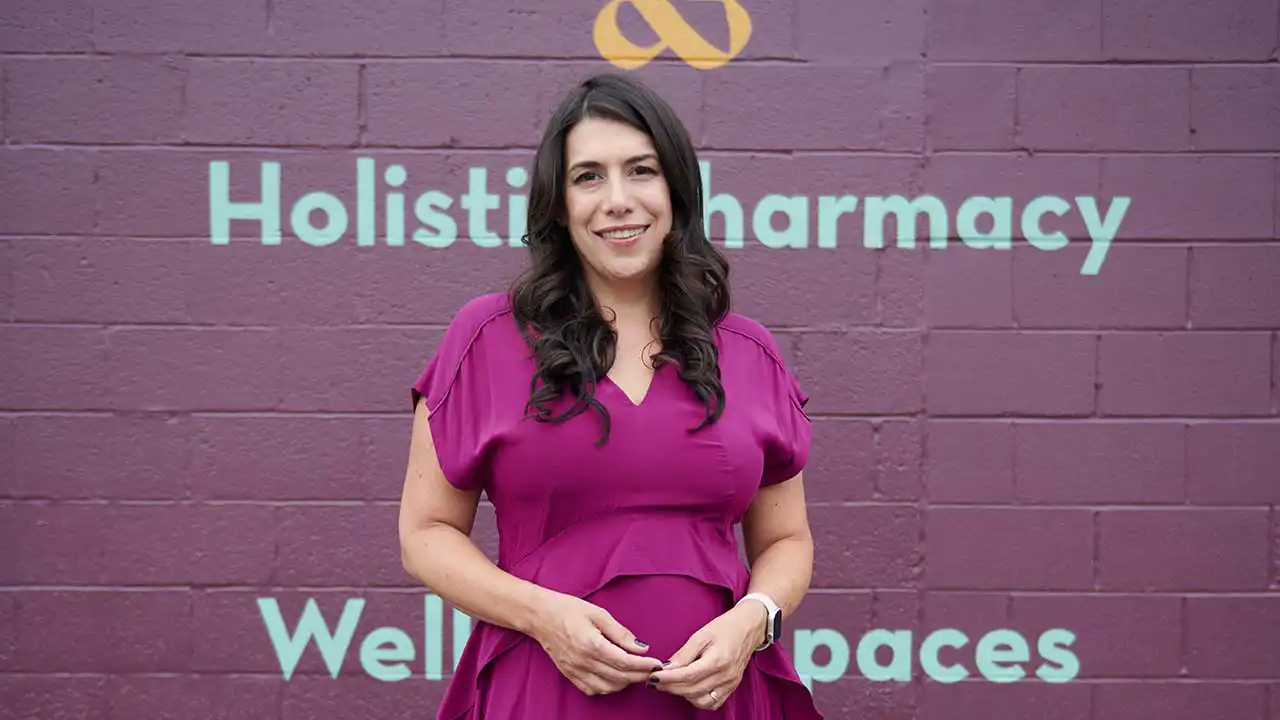The transition from a medical marijuana market to adult-use retail presents new business opportunities, an exponentially wider customer base and, generally, a significant growth driver for licensed cannabis companies.
Yet, in some of the nation’s newest recreational markets, the shift also has ushered in more onerous regulations and business restrictions, including outright product bans, lower potency caps and harsh limitations on packaging, product design and marketing.
Operators in Arizona, Maryland, Missouri and New York – among other markets – are facing a rash of new regulations that add significant financial costs and time to market.
In Missouri, industry concerns about another potential inventory shortage are mounting as dozens of brands and manufacturers await packaging approval for hundreds – if not thousands – of product stock-keeping units (SKUs) as deadlines near.
The growing backlog, which is preventing some brands from entering the market, is the result of child safeguards that regulators added under new marijuana packaging rules enacted in July, roughly five months after Missouri launched adult-use sales.
In New York, some operators are struggling to adhere to new packaging guidelines in the adult-use market after serving the state’s medical patients for years.
In Maryland, operators now have little leeway to advertise their stores, brands or marijuana products anywhere beyond the confines of their businesses.
Concentrates and cannabis elixirs also have been banned in that adult-use market, while 10 milligram THC caps were implemented on individual edibles as well as 100 milligram THC maximums per package on all recreational marijuana edibles.
“It was one way in medical, and then we go to adult use, and everything changes,” said Wendy Bronfein, co-founder of Maryland-based marijuana operator Curio Wellness.
“It’s not conducive to business.”
Missouri backlogs
Missouri cannabis product manufacturers such as Clovr have been in a holding pattern for weeks awaiting packaging approvals from regulators on hundreds of SKUs.
The backlog was prompted by expanded product packaging rules that the Missouri Department of Health and Senior Services (DHSS) implemented in July 2023.
Under the new guidelines, packaging is limited to one primary color and up to two logos or symbols in different colors.
The symbols must be the same size or smaller than the printed word “marijuana,” which is required in black or white text.
The state also mandates a warning on packaging: “Cognitive and physical impairment may result from the use of marijuana. Keep out of reach of children.”
Violations can result in a fine up to $5,000.
Approval delays have prevented Clovr, the state’s largest cannabis product manufacturer, from placing orders for new packaging.
Overseas deliveries from Asia typically take 60 days, which could cause the company to miss a looming deadline for manufacturers and cultivators to receive packaging approvals.
“There’s been thousands of submissions, and right now we have a March 1 deadline that I don’t think is attainable,” Clovr CEO Josh Mitchem told MJBizDaily.
Retailers face a June 1 packaging-approval deadline for any product on the shelf.
DHSS spokesperson Lisa Cox said the agency has the resources to meet the approaching deadlines and operators soon will be provided more clarity on individual submissions.
Cox declined to provide data about total submissions and approvals and said it’s too early to discuss another potential deadline extension.
“We are working on an online dashboard to show progress through the approval process,” she added.
“The department continues to improve the process to minimize the time it takes licensees to reach approval.
“We encourage any licensee who is concerned about timing to file complete applications as soon as possible.”
Meanwhile, approval delays have prevented new entrants, such as Curio Wellness, from entering the Missouri market.
Curio’s Missouri manufacturing facility got final approvals for production a few weeks ago, but the company’s products are awaiting testing because they must be submitted in state-approved packaging.
The company sent DHSS its first packaging submissions more than two months ago, according to Bronfein.
“We are now at a standstill to actually launch,” she said.
Missouri’s packaging rules were changed in response to the legalization law voters approved in November 2022. That measure included stricter packaging and labeling provisions, which placed a greater emphasis on public health and protecting children, Cox said.
The reasoning doesn’t sit well with Clovr’s Mitchem.
“We’ve had a medical market for five years. There’s been no reports of children getting into packaging,” he said.
“We found it shocking that the rules became more stringent with the passage of adult use.”
Arizona cues up QR codes
In Arizona, a requirement to display QR codes and accompanying information went into effect Jan. 1 for any marijuana product labeled for sale.
Under a revised statute, packaging must include a scannable QR code linking to a webpage that displays:
- Harvest and manufacturing date.
- Strains.
- Extraction method.
- Lab report.
- Distribution chain.
- A warning: “Using marijuana during pregnancy could cause birth defects or other health issues to your unborn child.”
Retailers should confirm brands comply with the new regulations before stocking their shelves, advises John Yang, CEO and co-founder of Treez, an Oakland, California-based technology company that makes cannabis industry software including point-of-sale and inventory-management tools.
“Changing labeling laws like this ends up costing retailers burdensome hours and dollars to maintain compliance,” he added.
Marketing bans in Maryland
When Maryland launched adult-use sales on July 1, 2023, the state also effectively banned marijuana advertisements anywhere beyond an operator’s store or facility.
The wide-ranging restrictions, which include any outdoor sign, billboard, poster or display, also prohibit digital advertisements “to induce the sale of cannabis or any cannabis-related product or service.”
The new marketing bans were part of follow-up legislation passed by state lawmakers after voters overwhelmingly approved legalization in November 2022.
The advertising limitations, combined with product potency caps, are not only hampering growth for local operators but suppressing the full potential of the market, insiders contend.
Bronfein highlights monthly marijuana sales in Missouri, which are tracking significantly higher than Maryland, to make her point.
The two states have roughly the same population of 6.2 million, and Marylanders have a higher income.
“But Missouri is tracking $30 million more a month in sales than Maryland,” Bronfein said.
“We would attribute that to two key points: One, they can freely advertise and we cannot, and two, they have a more open product mix between medical and adult use.”
Confusion in New York
As regulators weigh new packaging and labeling guidelines in New York amid the recent allowance of multistate operators in the adult-use market, a disconnect has emerged among retailers and producers of medical and recreational marijuana products.
“Differing requirements in the current adult-use and medical regulations for product packaging and labeling has been causing confusion with new, adult-use wholesale customers,” said Dan Rickert, director of compliance at PharmaCann, a Chicago-based MSO that gained clearance in December to sell wholesale cannabis to New York adult-use retailers and marijuana products to consumers.
“The pending regulatory update should hopefully remedy the disconnect.”
More restrictions on the way?
In Ohio, where voters overwhelmingly approved legalization in November, the state’s General Assembly has threatened to gut the law by proposing:
- Statewide caps on the number of adult-use shops.
- Increased taxes for recreational marijuana operators.
- Big cuts to commercial cultivation space.
- A 50% THC limit on extracts.
- Elimination of a requirement to issue more cannabis business licenses.
In Florida, House Rep. Ralph Massullo introduced a bill a few weeks ago that would impose potency caps on various marijuana products legalized through voter-approved ballot measures.
Massullo’s proposal calls for a 10% THC limit on flower, among other potency caps.
The preemptive strike comes as the state’s Supreme Court weighs a constitutional challenge filed by Florida Attorney General Ashley Moody against a ballot initiative slated for November to legalize adult-use sales.
The legalization effort, called Smart & Safe Florida collected enough valid signatures from registered voters last year to qualify for the state’s 2024 ballot.
Chris Casacchia can be reached at chris.casacchia@mjbizdaily.com.





